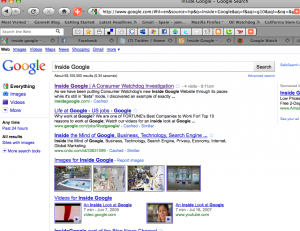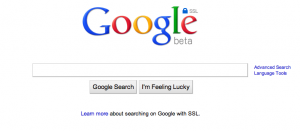SANTA MONICA, CA — Consumer Watchdog today praised state attorneys general for voicing their concerns about Google’s changes in privacy polices and asking for a meeting with the Internet giant’s CEO Larry Page. Attorneys general from 35 other states and territories joined Maryland Attorney General Douglas F. Gansler in sending the letter. They gave Google a week to reply.
Press Release
Consumer Watchdog Praises State Attorneys General Action Against Google










